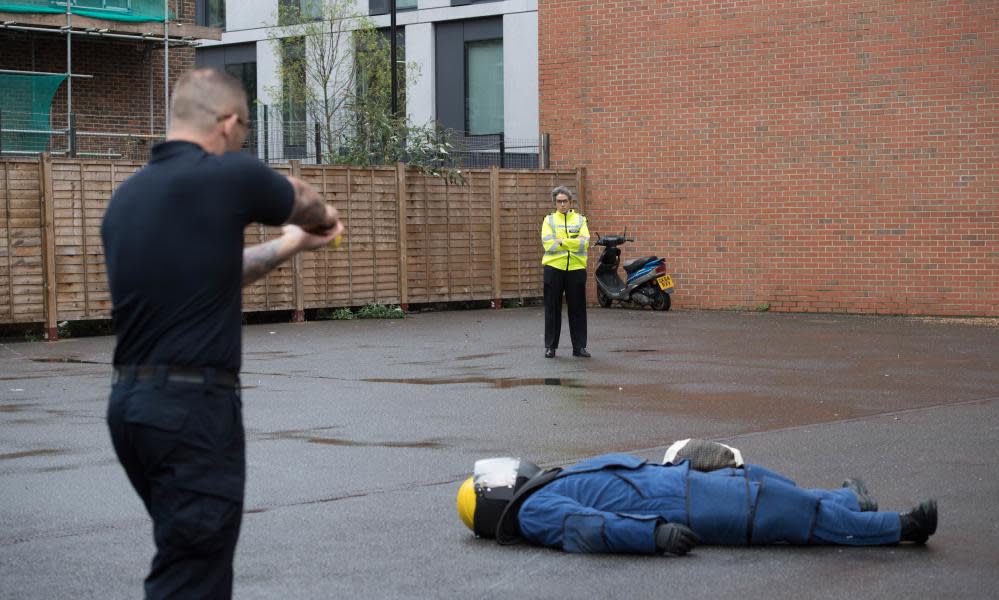The Lib Dems have the most radical approach to crime and justice

From the off, the Conservative party hardline approach on crime and justice under Johnson’s premiership became clear: 20,000 new police officers on the streets was one of his first pledges, followed by increased use of stop and search, prison expansion, more Tasers, and longer jail sentences – all of which have ended up in the manifesto.
So, clearly, tough on crime. But what about the causes of crime? Very little on offer. The manifesto briefly mentions a prison education service focused on work and a new approach to drug addiction treatment to reduce drug deaths.
But this is important. This is despite the government’s own serious violent crime strategy acknowledging that like other types of crime and antisocial behaviour, violent crime has a clear link to “poor life outcomes”. Low educational attainment, poor health including mental health, unemployment, socio-economic factors, weak ties to family and exclusion rates all have links to crime. Furthermore, the evidence shows that at least with regards to non-sexual and non-violent crimes, a more rehabilitative, community approach is more effective. Labour promises to set new standards for community sentences and introduce a presumption against prison sentences of six months or less for non-violent and non-sexual offences. It will rebuild youth services and invest in a youth justice system in which schools, local authorities, health authorities and youth services divert young people away from the pathways towards crime. And it will tackle the disproportionate levels of black, Asian and minority ethnic (BAME) children in custody.
But there are other areas where the party looks to strengthen the security framework. It also pledges to create “modern” prisons, hire 2,000 more prison officers than the Tories and overhaul use of stop-and-search but doesn’t specifically promise to reduce its application.
The Liberal Democrats have one of the most radical offers. The manifesto talks about adopting a public health approach to violent crime, a line the previous home secretary, Sajid Javid, appeared to be warming to before Johnson took power, transforming prisons into “places of rehabilitation and recovery” and makes a specific pledge to cut the number of people in prison by introducing a presumption against short prison sentences and ending sentences for the possession of drugs for personal use – a first step to decriminalisation. Most radically, it wants to legalise cannabis in the UK by introducing a legal, regulated market for the drug.
The party would introduce limits on the potency levels and permit cannabis to be sold through licensed outlets to adults over the age of 18. This would be following the steps of other countries such as Canada, and some US states. Labour offers a Royal Commission, which drug reform experts have warned would take years and could deliver nothing but the status quo.

 Yahoo News
Yahoo News 
